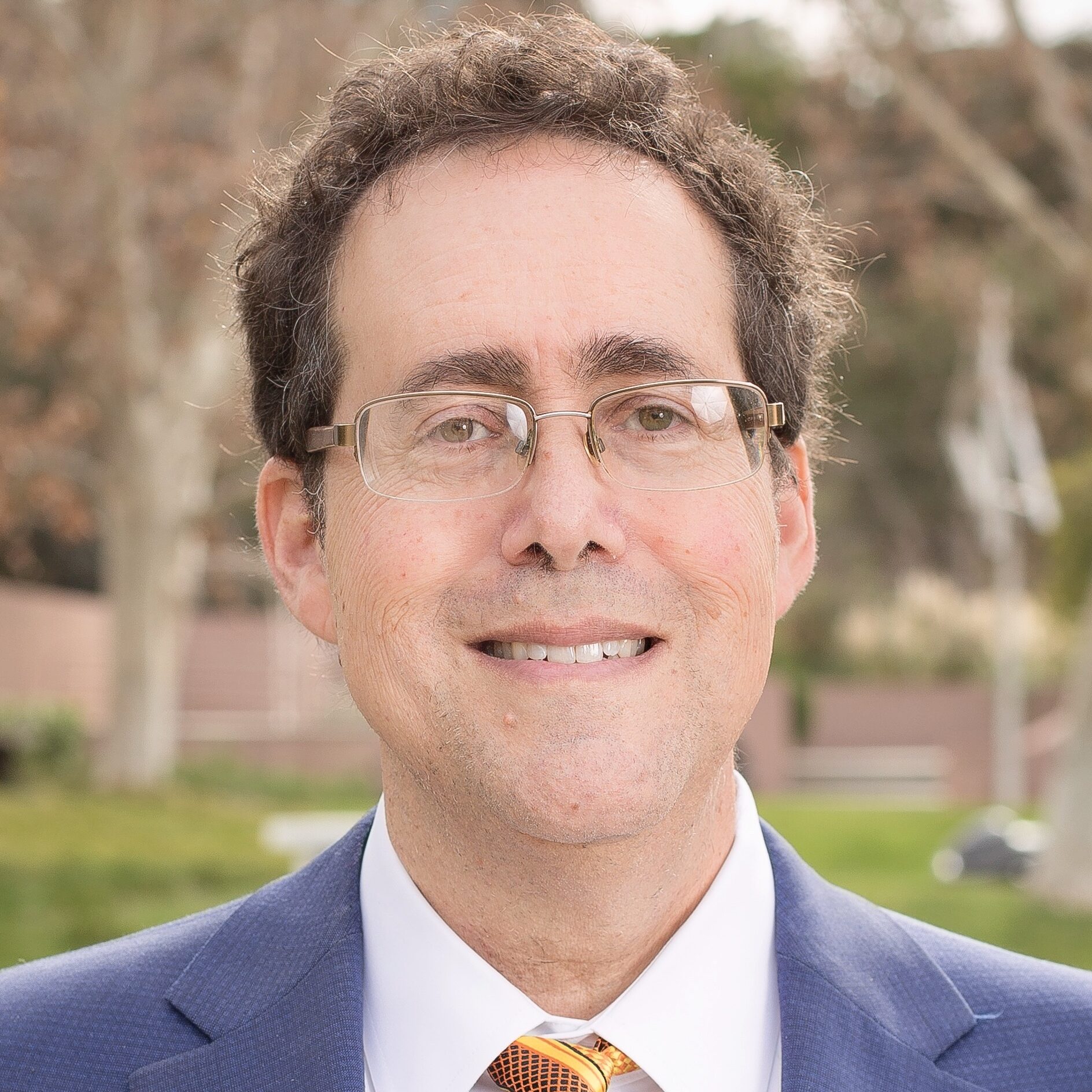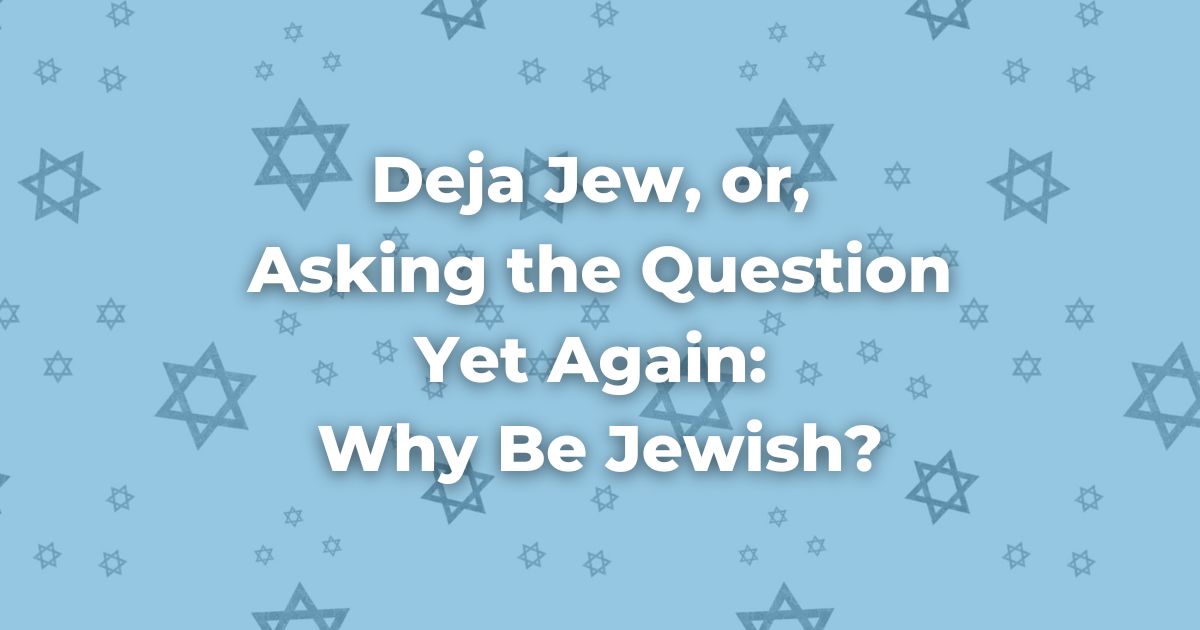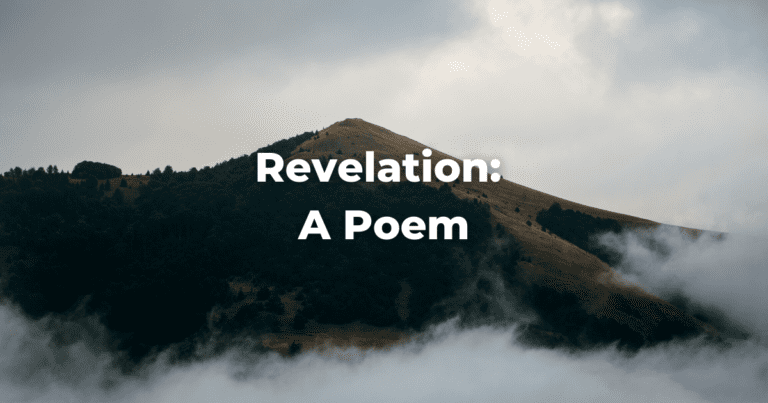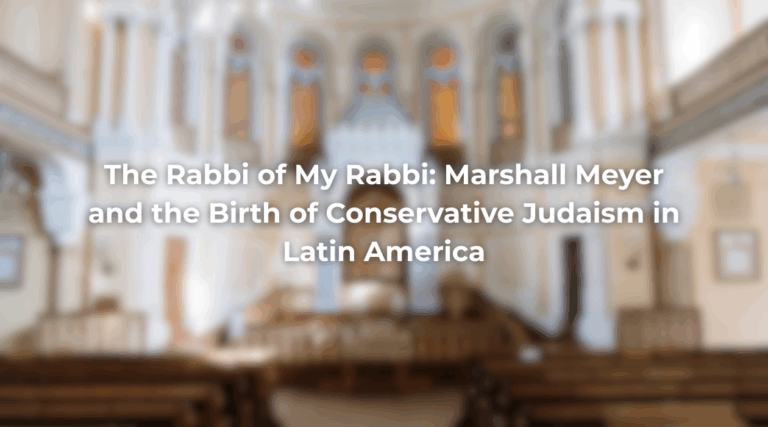Several years ago, the Council of Jewish Federations commissioned a study to explore the state of American Jewry, to find out about Jewish survival.
Studies like that are notorious for being depressing, and this one was no exception.
After spending a large sum of money, they found out that American Jews are on the fast track to nowhere. Barely producing enough children to replicate current numbers, many are not being raised to identify themselves as Jews, let alone to practice any kind of Judaism.
The statistics from that study suggested that as many as one million Jewish or partially Jewish children were being raised in another faith, that a slight majority of marriages now involve a Jew marrying a non-Jew, and that the percentage of such marriages which resulted in either the conversion of the non-Jewish spouse or in the children becoming Jewish was small.
Jewish “continuity” has become a concern and a buzz word.
Slick ads proclaim catchy slogans in Jewish papers all over the country. Books and pamphlets berate the unaffiliated and remind the readers to continue being Jews. The only problem with many of these ads and articles and books is that they don’t address two fundamental questions: They don’t tell “why,” and they don’t tell “how.”
The sales pitch for Judaism should state unequivocally that being Jewish is wonderful and that this “product” is something that you need and you’re going to want. It has a track record at least 3,000 years old. Even better than its pedigree is its potential: it’s better than a lifetime warranty. It can outlast our children and our children’s children.
Why buy Judaism?
Why bother making the effort and the sacrifice? Why care?
Memory
When I was a child, my parents would always join us when my sister and I would go through the shelves, and pull out the pictures of when my parents were dating. We loved the pictures of their ski trip to Tahoe, of their wedding in my grandparents’ home, of their first apartment, or of moving into their first house.
We would gather time after time wanting to see the albums. Somehow, we never tired of looking at those pictures, reveling in the memories and the love.
Those albums brought us great joy until the day our parents got a divorce.
Once my parents separated, my sister and I stopped looking at those pictures. They had become painful for us to see. Because of that divorce our fond memories died. Memories became painful reminders of what had been lost, of what could not be. This transformation, from pleasure to pain, is the inevitable result of any kind of dissociation.
When a Jew separates from the Jewish people, wonderful memories die or are not pleasant anymore. They can only inspire guilt, sorrow, and anger. Alienated from a living community and a guiding spirituality, the wandering Jew dimly recalls what we’re supposed to be doing on Yom Kippur, but aren’t.
Looking at the old pictures of all those relatives sitting down to break the fast, to celebrate the Seder, to light the Hanukkah menorah doesn’t provide pleasure.
It reinforces a sense of distance and estrangement.
There are now millions of American Jews who have no memory of a kitchen on Friday afternoon, filled with the smell of simmering chicken soup, of white candles, and of the shining goblet of red wine on a Friday night. Lost are the memories of the Jewish people’s majestic history. Lost is the glory of what it means to be a Jew, to have traveled across the globe for 3,000 years with a message that all people are made in God’s image, that the world can be a better place, and that each Jew must help bring that about.
Divorced from the Jewish heritage, memory albums no longer inspire: they accuse. The wisdom of the ages, and the photos of formative family celebrations, lie ignored and disconnected because they are no longer part of our daily experience.
Why be Jewish? Because there are important memories—denying them amputates a piece of our selves.
And memories denied fester. Jewish memories lurk just under the surface, able to sadden and trouble those who neglect them. Cut ourselves off from Judaism as a living, ongoing identity, then memories are imprisoned or hidden.
Life is needlessly impoverished by the loss.
Identity
Why be Jewish? Part of knowing who we are involves knowing who we’re not. Identity is a dynamic blend of character and of borders, of belonging to this rather than to that. One powerful reason to be Jewish is its rich sense of identity and belonging.
Jews are the people who taught the world the Ten Commandments.
Jews are the people who gave the world a Day of Rest, with its notion of living in harmony with nature and its assertion of the dignity and freedom of all mankind.
Jews are the people who initiated the age-old conversation with the God who created the world.
That conversation has now spread to billions of people across the globe.
Knowing who we are, and knowing who we’re not, brings us back to another reason to affirm being Jewish. One’s father and mother need not be objectively the world’s greatest parents to have a claim on our hearts.
That connection is simply a matter of personal history and of ongoing identity.
For the attainment of mental health, it is crucial to admit one’s identity and to start from there. That affirmation is no less an assertion of health for an entire people: Our sense of who we are—as individuals and as a people—is inextricably linked to the community, to the people Israel.
Wisdom
A third reason to be actively Jewish is the tremendous wisdom and the deep profundity that our heritage possesses.
Across the millennia, the ancient wisdom emerges from the hearts and minds of remarkable souls, speaking directly to current concerns, doubts and fears. Their insight is a precious resource, a life line to the sacred. It remains sealed unless we read the books, unless we apply their content in our daily lives.
The sacred writings of the Jewish tradition are prescient in their vision.
How could they have known, 2000 years ago, to write down that we must cherish the Earth, because if we mess up this world God won’t give us another? How could those sages have anticipated that humanity would become a force of ecological disaster, that the ozone would start to seep away?
What resilient empathy drove the sages to write that God gathers the tears of every person who suffers, collecting them in a cup, and that when that cup is filled it is filled with God’s tears too? In a century that has witnessed so many tears, in an age whose cruelty evokes callous disregard, don’t we need the metaphor of a crying God, of One who remembers each and every tear?
If we don’t preserve those insights, then who will teach us what we so desperately need to know?
In our culture, people shoot and kill other people merely for driving down the wrong street. We are so busy running from chore to chore that we have become slaves to our jobs, our property, and our technology.
Yet ours is the tradition that says to the rush, “stop for one day a week, recuperate and recharge. Remind yourself of who you are and what you can become. You are made in God’s image and so is everyone else you know and therefore your task is to fight for a world in which God’s image in all people can shine.”
The entire world needs the wisdom of Judaism. And if Jews will not learn and live that wisdom, we can hardly expect our neighbors to benefit from it.
Spirituality
A world in which there is no spirituality is a world in which nothing matters.
There are two stark options: It may well be that we are simply born as a fluke, we live as happenstance, we have some lucky breaks and some bad ones, and then we die. Our life and our death may signify nothing, contribute nothing, and mean nothing.
This is the worldview of the Stoics, and of skeptics ancient and modern. It is a cynical approach, and it often leads to despair. Its logic leads to indifference or to a futile pursuit of selfish pleasure as an attempted distraction from the meaninglessness and the futility.
Such a view isn’t new.
But it is the antithesis of what Judaism offers.
With Judaism, people were able to raise their heads to the stars and see not just sky. A Jew looking up sees heaven, and that has made all the difference. The conviction that life does have meaning, that we are part of something that links us beyond our finitude and our mortality, that our being known to God and loved by God, gives us hope, purpose, and passion.
This sense of meaning, rooted in faith and in Scripture, has given us civilization, and culture and morality, art and ethics, science and everything cherished and meaningful and beautiful.
That’s what spirituality truly understood can be: the recognition that what we do matters. Spirituality is the ability not to just to think about God but to be thought of by God.
To engage Judaism is to be on God’s map, imbuing lives with significance beyond the brief time spent on God’s Earth.
So, Why Be Jewish?
Be Jewish because there’s great wisdom to be learned. Judaism can enrich our lives and make of our world something shimmering and beautiful.
Be Jewish because there’s God who loves and who calls out to each one of us.
Be Jewish because God still says to all of us together, “You be My people, and I shall be your God.
Author
-

Rabbi Dr Bradley Shavit Artson (www.bradartson.com) holds the Abner and Roslyn Goldstine Dean's Chair of the Ziegler School of Rabbinic Studies and is Vice President of American Jewish University in Los Angeles. Rabbi Artson has long been a passionate advocate for social justice, human dignity, diversity and inclusion. He wrote a book on Jewish teachings on war, peace and nuclear annihilation in the late 80s, became a leading voice advocating for GLBT marriage and ordination in the 90s, and has published and spoken widely on environmental ethics, special needs inclusion, racial and economic justice, cultural and religious dialogue and cooperation, and working for a just and secure peace for Israel and the Middle East. A member of the Philosophy Department, he is particularly interested in theology, ethics, and the integration of science and religion. He mentors Camp Ramah in California in Ojai and Ramah of Northern California in the Bay Area. He is also dean of the Zacharias Frankel College in Potsdam, Germany, ordaining Conservative rabbis for Europe. A frequent contributor for the Huffington Post, the Times of Israel, and a Contributing Writer for the Jewish Journal of Greater Los Angeles, he has a public figure Facebook page with over 70,000 likes. Rabbi Artson is the author of 12 books and over 250 articles, most recently Renewing the Process of Creation: A Jewish Integration of Science and Spirit. Married to Elana Artson, they are the proud parents of twins, Jacob and Shira.
View all posts




